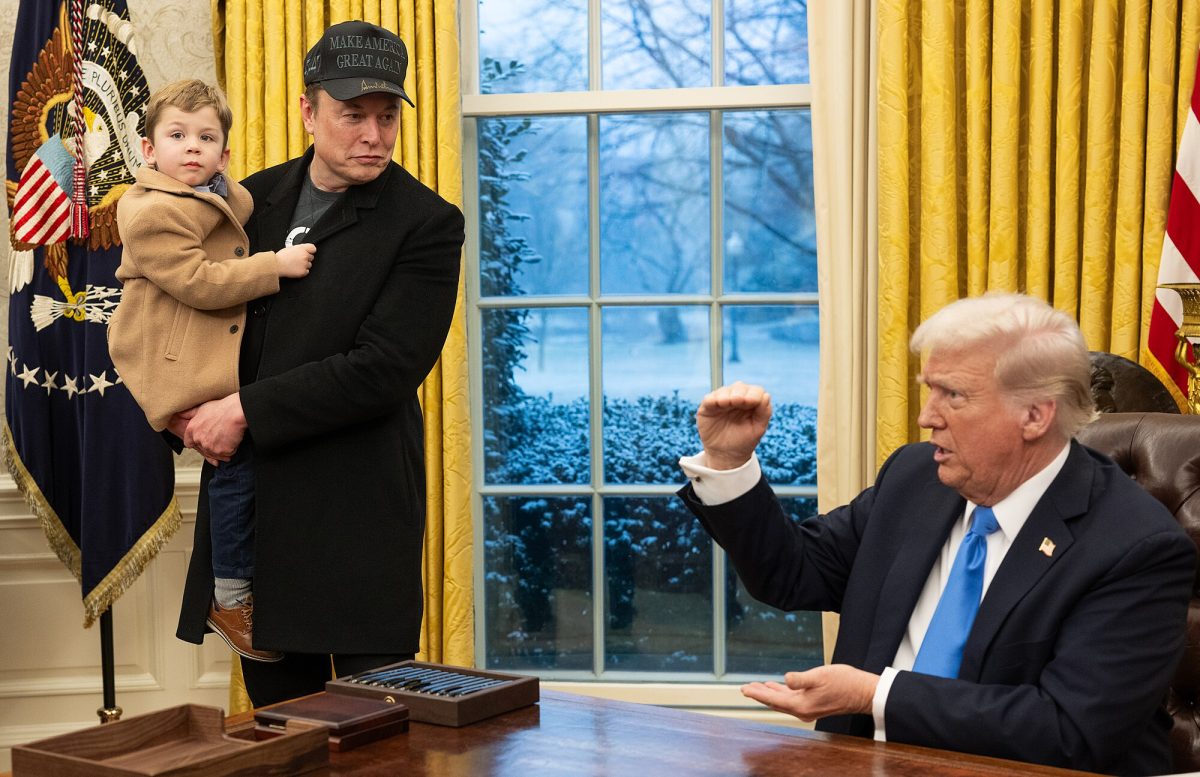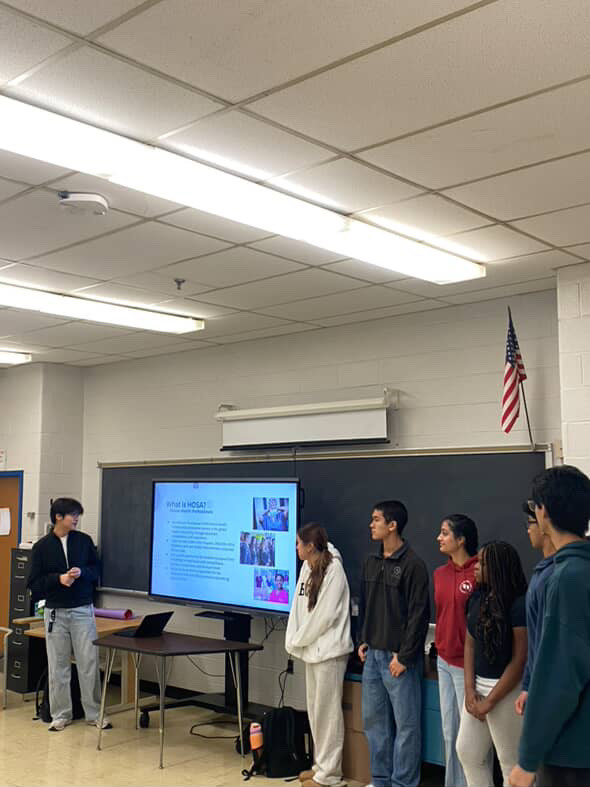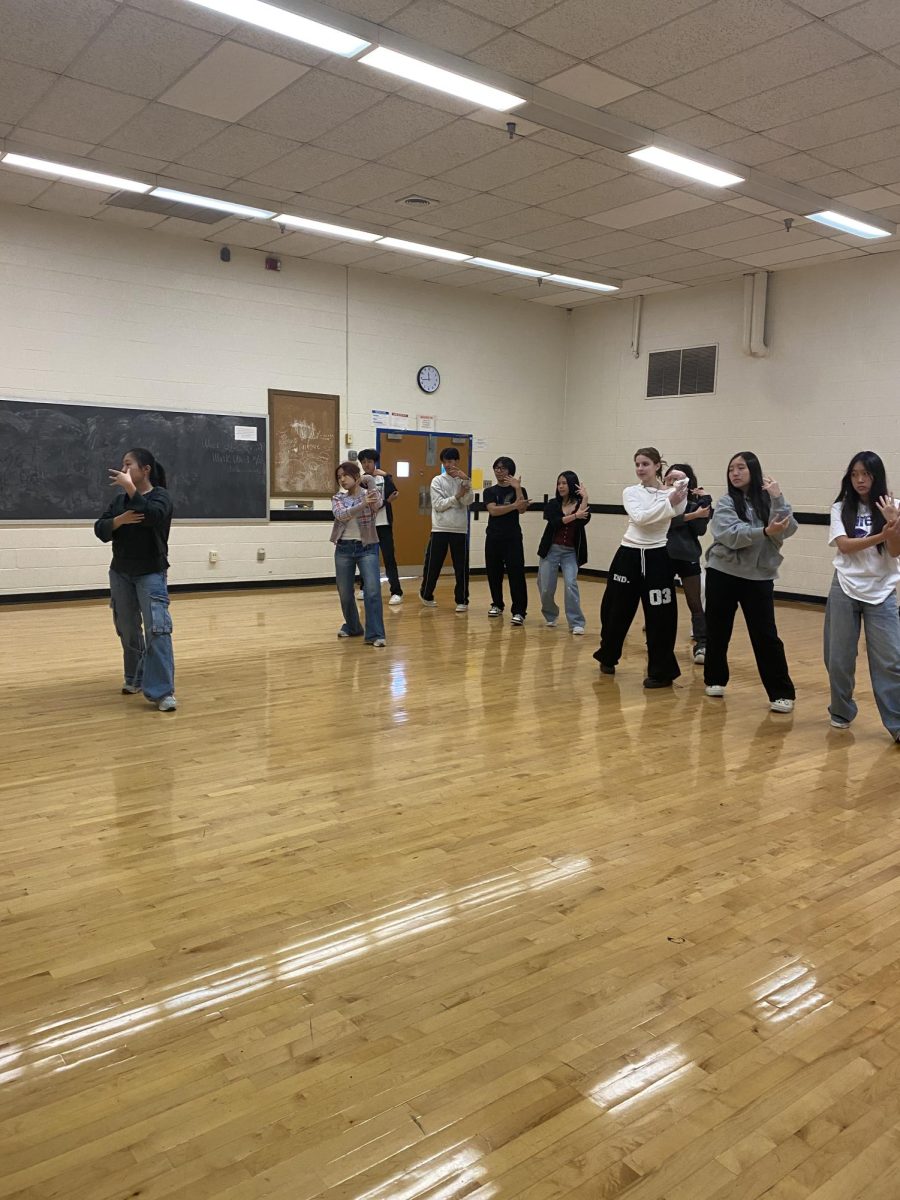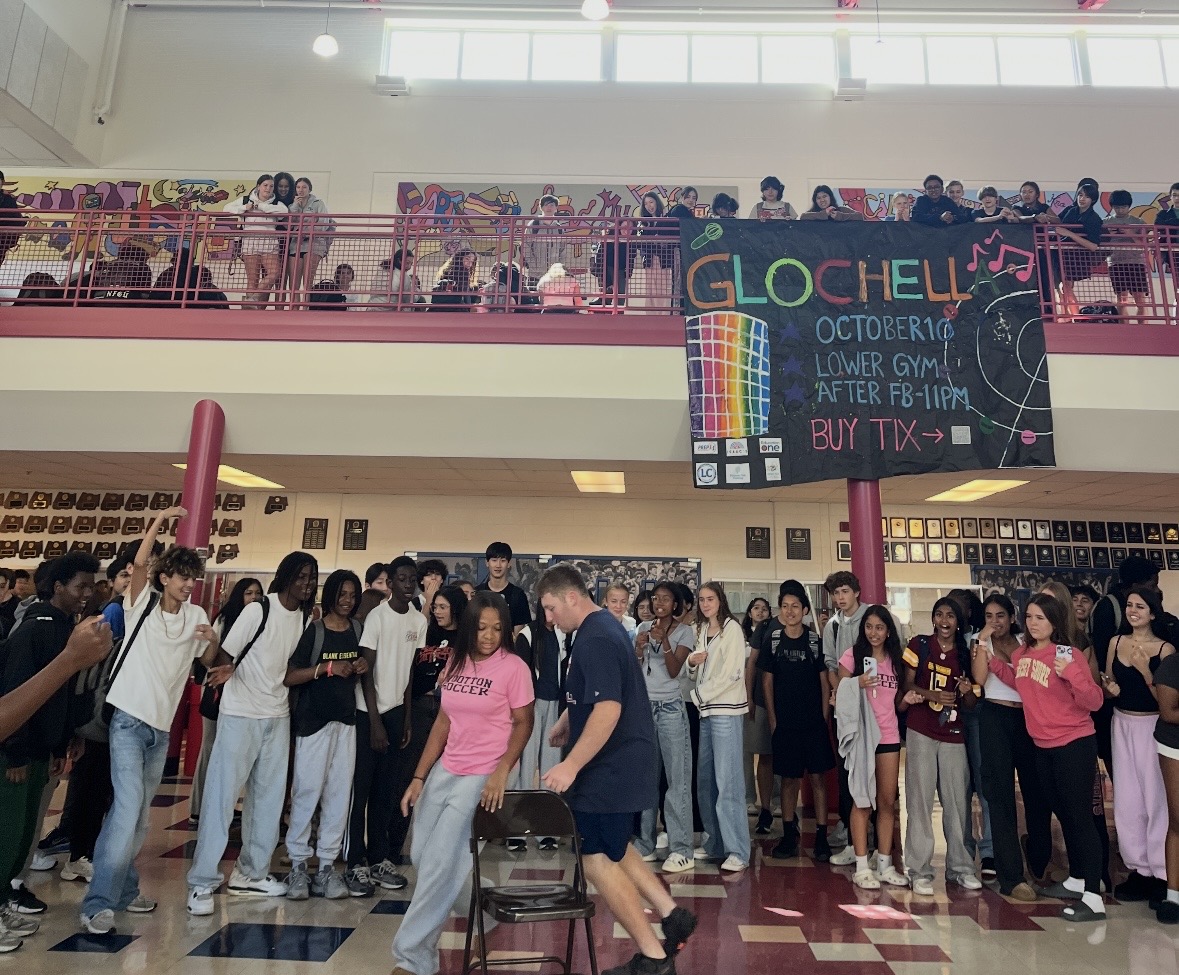On Jan. 20, President-elect Donald Trump and Vice President-elect J.D. Vance were inaugurated into the White House. Since then, Trump has taken a slew of actions, mainly executive orders, in policy areas such as education, the economy, immigration and the environment.
Education
On Feb. 14, Trump signed an executive order requiring that federal funding be withheld from schools and public universities that require the COVID-19 vaccine for students. Currently, there are no states that require K-12 schools to be vaccinated against COVID, according to the New York Times. However, there are 15 colleges that require some form of a COVID vaccine currently including Oberlin College and Swarthmore College, according to No College Mandates, an advocacy group advocating for the end of vaccine mandates. The law does not apply to other diseases such as chickenpox, whooping cough and polio vaccines which are required by all states. Therefore, the order is expected to have little national impact because most schools do not require the vaccine, according to the Washington Post.
Trump has stated multiple times that his goal is to shut down the Department of Education as soon as possible and called it “a big con job,” according to the New York Times. So far he has let go probationary employees in the Department of Education as well as cut $900 million from the research portion of the department, the Institute of Education Sciences. These cuts are most likely going to impact research intending to answer questions about some of the most concerning issues in American education including the COVID-19 pandemic, absenteeism and student behavioral challenges, according to the New York Times. “The federal government is not supposed to be that involved in education, [however] they do give a lot of money and they do set guidelines,” government teacher Matthew Winter said.
Trump signed another executive order that seeks to prevent schools from recognizing transgender students or teaching about concepts such as white privilege by threatening their federal funding if they do. Teachers at this school say that teaching about these concepts is important because “you have to have a complete view of history. You have to look at all angles and all perspectives, and that includes all races, not just the white perspective,” psychology teacher Jennifer Bauer said.
Climate
On his first day in office, Trump immediately withdrew the United States from the Paris Agreement, a pact among nations to work together to fight climate change. The United States is now one of four countries in the entire world not a part of the agreement, along with Iran, Libya, and Yemen. The Paris Agreement allows nations to work together to keep global warming below dangerous levels. According to the Rhodium Group, while emissions dropped 3% in 2023, they only dropped .02% in 2024, and now that Trump is in office, it is unlikely the U.S. will be able to cut them further. Additionally, Trump declared a “national energy emergency” on his first day in office. However the United States is currently the world’s largest producer of oil and natural gas, therefore we are not facing an energy emergency, according to the New York Times. Students are concerned about the impact of this decision by Trump. “The environmental harm he has inflicted may not be apparent now, but in the near future, we will suffer the consequences of his decisions. With the irregular weather we have had this winter, it is obvious that climate change is already very severe and Trump’s policies are not helping,” junior Alyssa Wang said.
Economy
Throughout his campaign, one of Trump’s main goals was to end inflation and “make America affordable again.” On his first day in office, he promised to implement a 25% tariff on products from Canada and Mexico, beginning on Feb. 1. On top of that, Trump also placed a 10% tariff on Chinese goods. Canada, Mexico and China account for more than ⅓ of U.S. imports, providing us with cars, medicine, shoes, timber, electronics and steel, according to the New York Times. A tariff is essentially a tax that is imposed by one country on goods imported from another country.
Trump has praised tariffs for their ability to help U.S. factories, raise revenue and serve as a source of leverage in negotiation with other countries, according to the New York Times. However, economists argue that tariffs can cause economic harm by raising costs for households and businesses that use these imported goods, according to the New York Times. Additionally, other governments may retaliate with tariffs of their own. Canada and Mexico have threatened retaliatory tariffs, according to the New York Times. This caused Trump to delay the implementation of tariffs on Canada and Mexico for 30 days.
Immigration
As soon as Trump got into office, he started his immigration crackdown. The Pentagon deployed an additional 1,500 active-duty troops to the southern border. In Mexico, more than 30,000 immigrants with asylum appointments found out they were canceled, and 10,400 refugees around the world who had been approved for travel were denied entry to the U.S., according to the New York Times. He also declared a national emergency at the U.S.-Mexico border, despite illegal crossing being near a four-year low, according to the New York Times.
On Jan. 29 Trump signed the Laken Riley Act into law. This act would detain illegal migrants if they are arrested for a crime, which will likely be followed by deportation. The main component of this bill is that the individual would not need to be found guilty or charged with the crime before being deported. Also on Jan. 29, Trump ordered his administration to prepare to house 30,000 migrants at Guantanamo Bay. Guantanamo Bay is a U.S. naval base, most known for its detention facility that was used to house Muslim militants and suspected terrorists captured by U.S. forces in Afghanistan and Iraq. The facility has faced alleged violations of the legal rights of detainees and accusations of torture or abusive treatment of detainees by U.S. authorities. “We have 30,000 beds in Guantanamo to detain the worst criminal illegal aliens threatening the American people,” Trump said, according to the New York Times.
In his crackdown on immigration, Trump declared that his administration would not treat the U.S.-born children of undocumented people as citizens. This goes against the Constitutional guarantee of birthright citizenship stated in the 14th Amendment. Essentially, this order would mean that citizenship would not be given to children whose parents are illegal immigrants, even if the children were born in the United States. The 14th Amendment states that “All persons born in the United States…are citizens of the United States.” Since birthright citizenship is guaranteed in the Constitution, it is unlikely this will take effect, as Trump cannot change the Constitution by himself. The order has already been struck down by four federal judges including one in Maryland, who stated that it was “clearly unconstitutional.”
All MCPS staff are required to adhere to the legal precedent in Pyler vs. Doe as well as the Family Education Rights and Privacy Act. Pyler vs. Doe was a 1982 Supreme Court case that created the precedent that all children are allowed a free education, no matter their immigrant status. Additionally, the Family Education Rights and Privacy Act (FERPA), prohibits school districts from releasing information in student records without parental consent. “As the president of Wootton’s chapter of Amnesty International, I am also very concerned about his immigration policies. Amnesty International believes that the mass deportations Trump is responsible for go against human rights. This is why deportations are the focus of advocacy for this year’s National Week of Student Action,” Wang said.
Department of Government Efficiency
When Trump came into office, he established the Department of Government Efficiency (DOGE), which is his plan to cut federal spending. According to the New York Times, the group will be an official unit within the executive order and its main goal will be to “dismantle government bureaucracy, slash excess regulations, cut wasteful expenditures and restructure federal agencies.” Elon Musk, the CEO of Tesla, and Vivek Ramaswamy, who ran against Trump in the Republican primary, are the leaders of the department. The Trump administration offered over two million federal workers the option to resign but still be paid through the end of September in a supposed effort to reduce the size of the federal workforce and push people out who do not support Trump’s political agenda.
D.E.I.
Another one of Trump’s main campaign ideas was to completely abolish D.E.I., which stands for Diversity, Equity and Inclusion. D.E.I. is intended to correct and address discriminatory policies or practices that impact minority groups. Examples of this include implementing accessibility measures for people with disabilities, pay equality, and holding anti-discrimination trainings. It is not about hitting hiring quotas for race or gender. D.E.I. has roots in the 1960s when the Civil Rights Act of 1964 was passed. “If D.E.I. is supposed to be banned, then we could potentially lose federal funding,” Winter said.
MCPS has a strong equity department with a mission to “advance racial justice and cultural proficiency by interrupting systems of bias, oppression, and inequity in our policies, practices, and procedures,” according to the official MCPS website. MCPS has an operating budget of over $3 billion, $112 million of which is from the federal government, whereas the rest comes from local and state revenue and therefore only a small portion of the budget comes from federal funding.
Foreign Policy
As part of his foreign policy, Trump has signed an executive order halting foreign aid. This includes medicine, shelter and clean water in dangerous conditions and can make the difference between life and death. According to the New York Times, U.S.A.I.D has helped contain 11 serious outbreaks of Ebola in the last four years. U.S.A.I.D. has a budget of $22.6 billion and their global work includes disaster relief, aid for refugees and anti-poverty programs. Secretary of State Marco Rubio issued a memo saying that life-saving assistance such as food, and medicine, could continue temporarily. Trump put Rubio in charge of the agency, although it has functioned independently over the past 60 years. Finally, almost the entire global workforce of the agency has been put on leave since Feb. 7, according to the New York Times. Additionally, Trump has claimed that the United States will acquire multiple other territories including Greenland, the Panama Canal and even Canada.
When it comes to the Israel-Palestine conflict, Trump said that he plans to “clean out” the Gaza strip and ask Egypt and Jordan to take in Palestinians. Egypt and Jordan rejected this idea, both emphasizing the only way forward is Palestinian statehood, according to the New York Times. On Feb. 4, Trump met with Israeli Prime Minister Benjamin Netanyahu at the White House. There Trump declared that the United States should seize control of Gaza and permanently displace the entire Palestinian population, according to the New York Times. Trump threatened to cut aid from Jordan and Egypt if they refused his demand to permanently take in more Palestinians from Gaza. He also said that if Hamas did not return all of the hostages by noon on Feb. 15, the cease-fire would be canceled.
Then, Trump signed an executive order placing sanctions on the International Criminal Court (ICC). The ICC investigates and tries individuals with crimes concerned with the international community. The order said that the court’s actions against Israel “set a dangerous precedent, directly endangering current and former United States personnel.”









